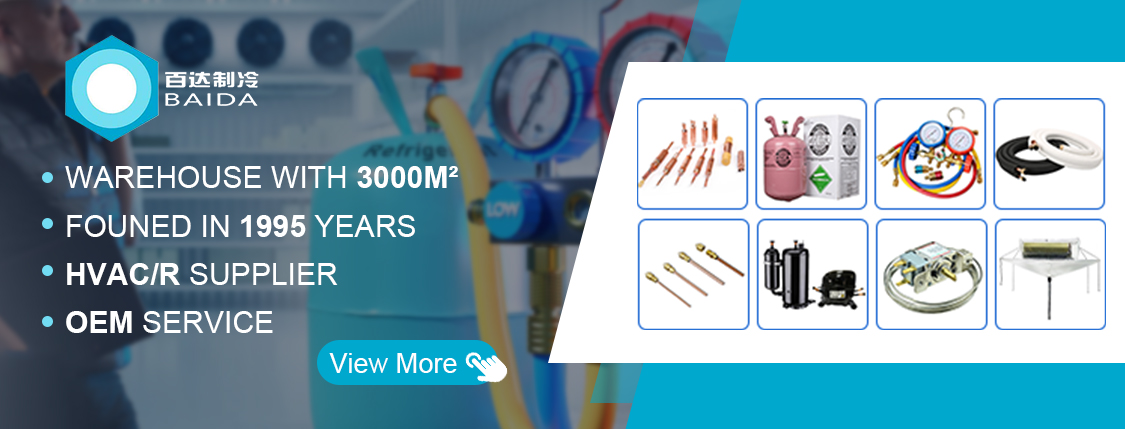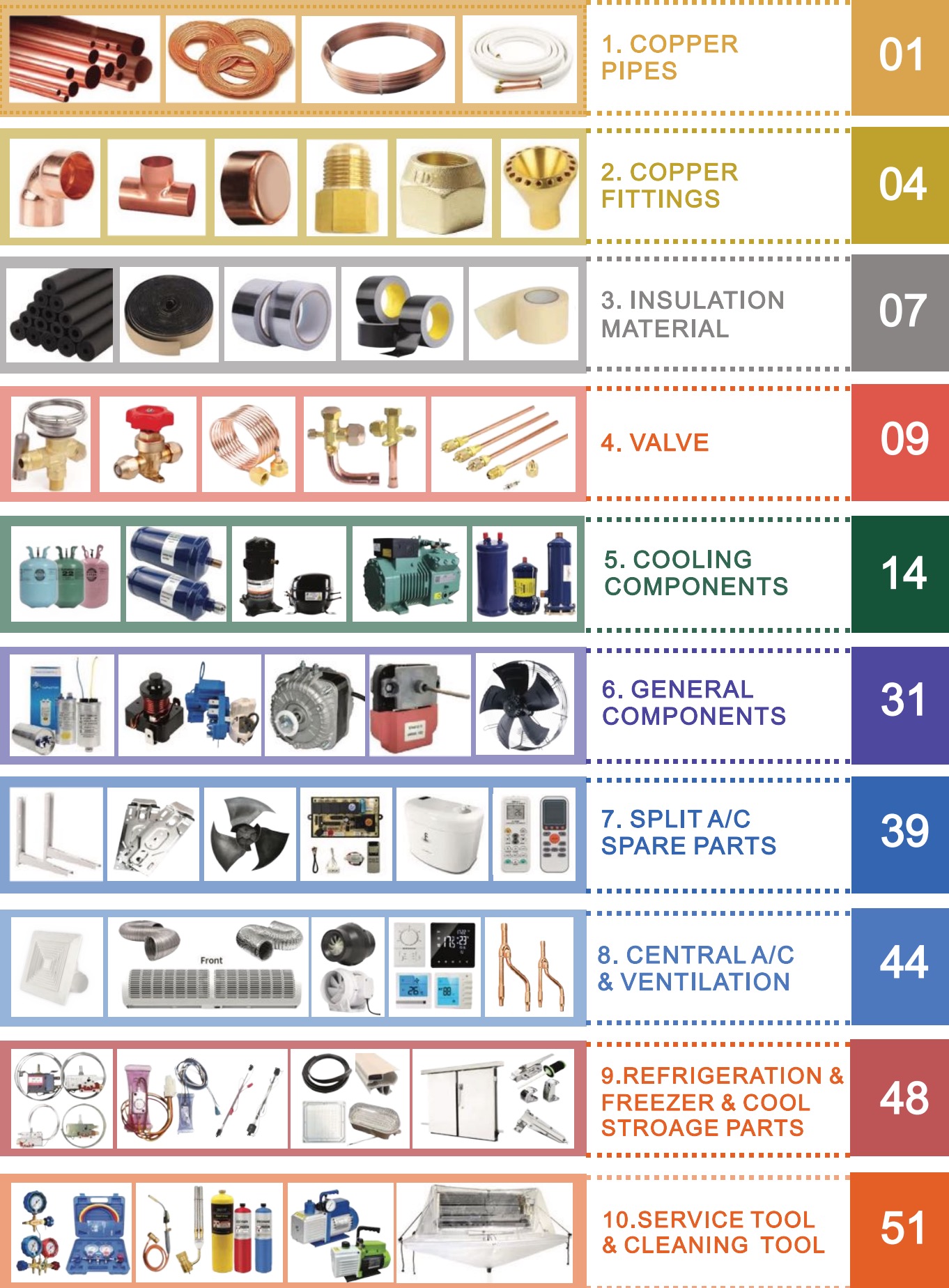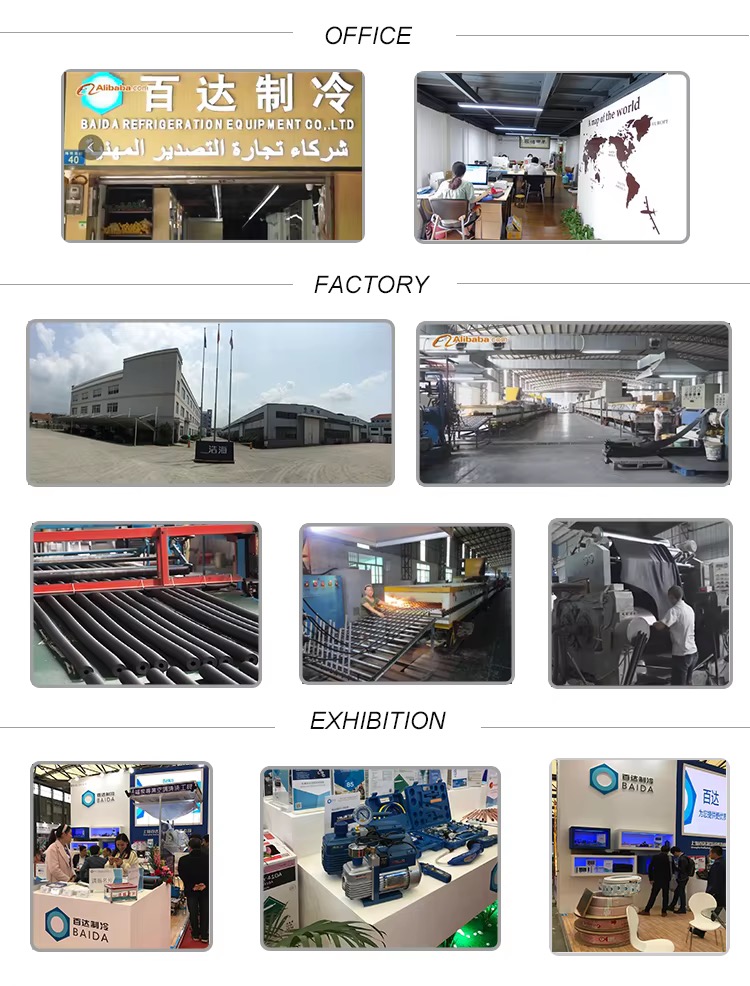The air conditioner motor is one of the key components in the air conditioning system. It is mainly used to drive the fan of the air conditioner to achieve air circulation and temperature regulation. The following are some typical product descriptions of air conditioner motors:
Models and specifications:
Models: such as YDK-40-6CF, YPY-150-6, etc.
Voltage: usually 220V to 240V, and some models support a wide voltage range.
Frequency: generally 50Hz or 60Hz.
Power: ranging from tens of watts to hundreds of watts, depending on the type and size of the air conditioner.
Performance parameters:
Current: such as 0.37A, 0.5A, etc.
Speed: usually expressed in RPM (revolutions per minute), such as 1200RPM, 1500RPM, etc.
Insulation class: such as Class E or Class B, indicating the heat resistance of the motor.
Protection level: such as IP44, indicating the dust and water resistance of the motor.
Structure and design:
Appearance: The motor housing is usually made of metal or plastic, and the color is mostly white or black.
Mounting method: The motor is usually designed with a mounting bracket or flange for easy fixing on the air conditioning equipment.
Wiring method: The motor terminal is usually located at the bottom or side, which is convenient for connecting the power cord.
Application scenario:
Mainly used for household air conditioners, commercial air conditioners, central air conditioners and other equipment.
It can also be used in ventilation systems, air purification equipment and other occasions where air circulation is required.
Features and advantages:
High efficiency: The motor design is optimized, the operation efficiency is high, and the energy consumption is low.
Low noise: The silent design is adopted, the noise is low during operation, and the comfort of use is improved.
Long life: The high-quality materials and processes are adopted, the motor has a long life and low maintenance cost.
High reliability: The motor has a compact structure, stable operation and low failure rate.
Certification and standards:
Usually complies with international certification standards such as CE and RoHS to ensure the safety and environmental protection of the product.
Comply with relevant electrical and mechanical standards such as IEC, UL, etc.








